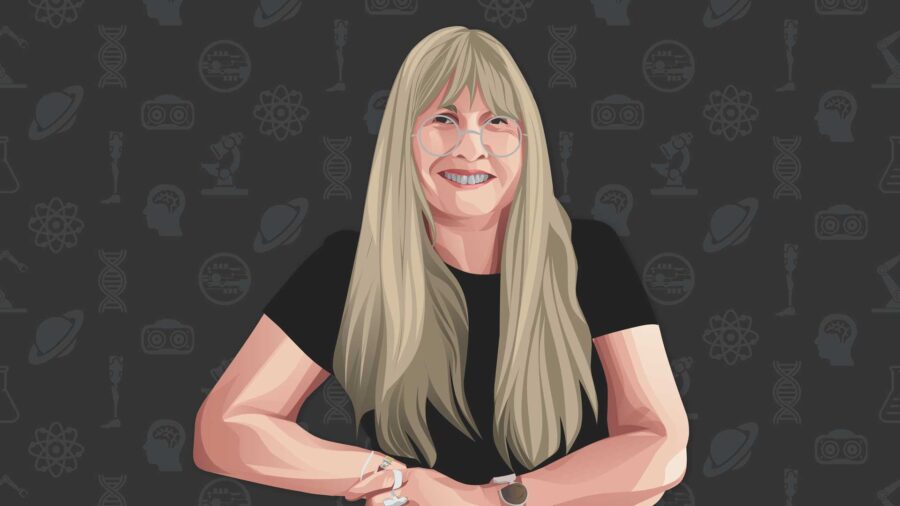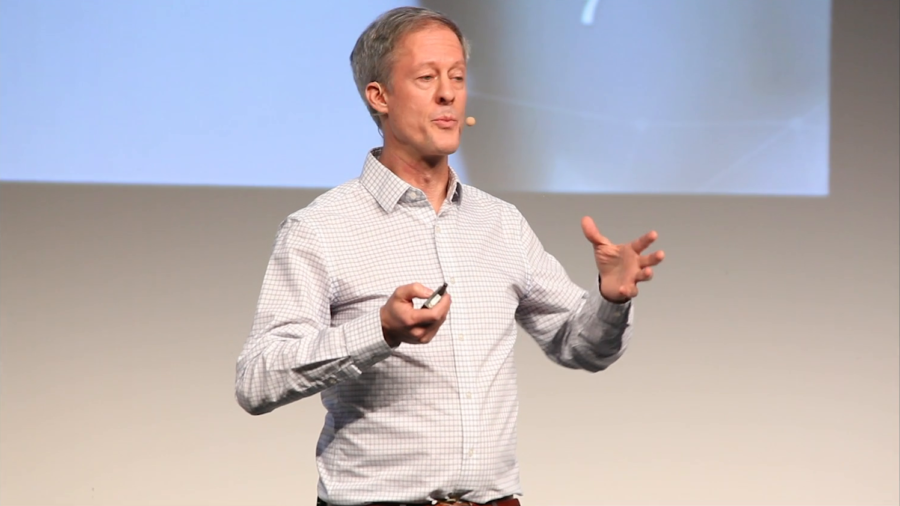What I’m going to do today is situate digital methods as an approach, as an outlook, in the history of Internet-related research. I’d like to divide up the history of Internet research largely into three eras, the first being where we thought of the Web as a kind of cyberspace.
Archive (Page 1 of 3)

Self-sovereign identity is what sits in the middle enabling individuals to manage all these different relationships in a way that is significantly less complex than each of those institutions needing to have a business relationship with each other to see those credentials.
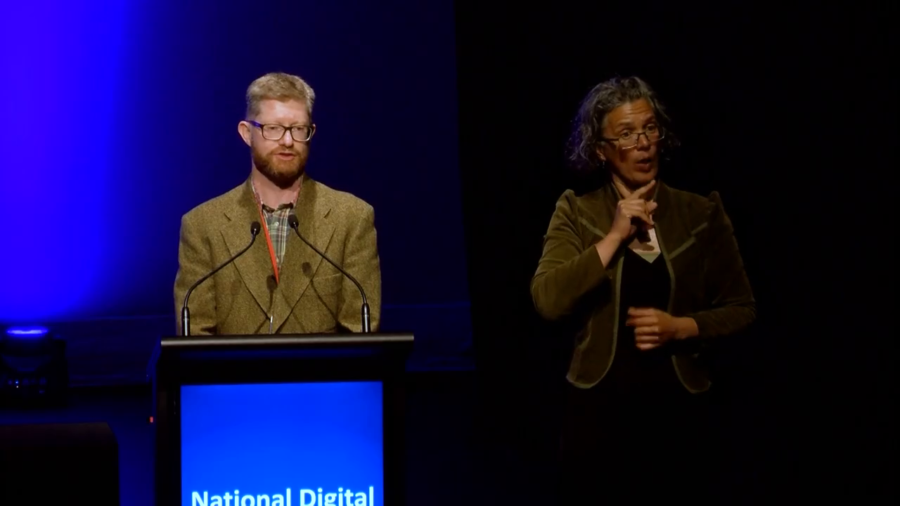
Meeting these different bots has just reinforced one thing: the images that you’re capturing, the online collections you’re sharing, just provide a foundation for all different ways of engaging your audience. The more accessible your content is, the more open the licenses you use, the more chance you’ve got of having your content used in new and different ways.
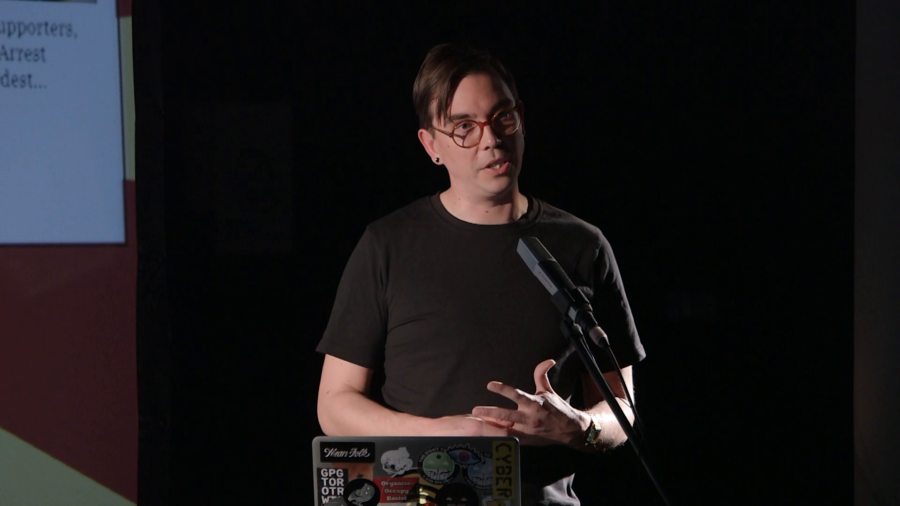
Citizenship, after not thinking about it for a while, feels like something we’re all thinking about quite a lot these days. In the words of Hannah Arendt, citizenship is the right to have rights. All of your rights essentially descend from your citizenship, because only countries will protect those rights.
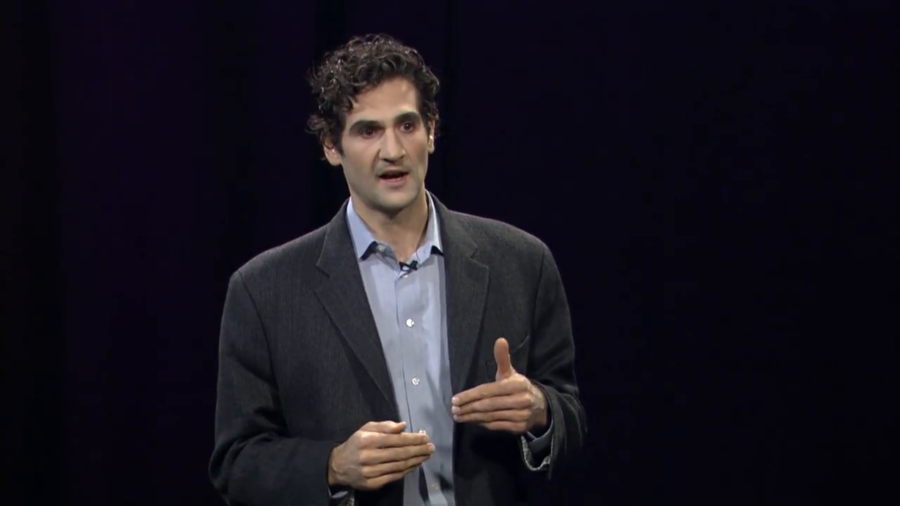
What if cyber attacks could be predicted? What if before a major attack occurred, we would know precisely the right precautions to take?
One of the most important insights that I’ve gotten in working with biologists and ecologists is that today it’s actually not really known on a scientific basis how well different conservation interventions will work. And it’s because we just don’t have a lot of data.
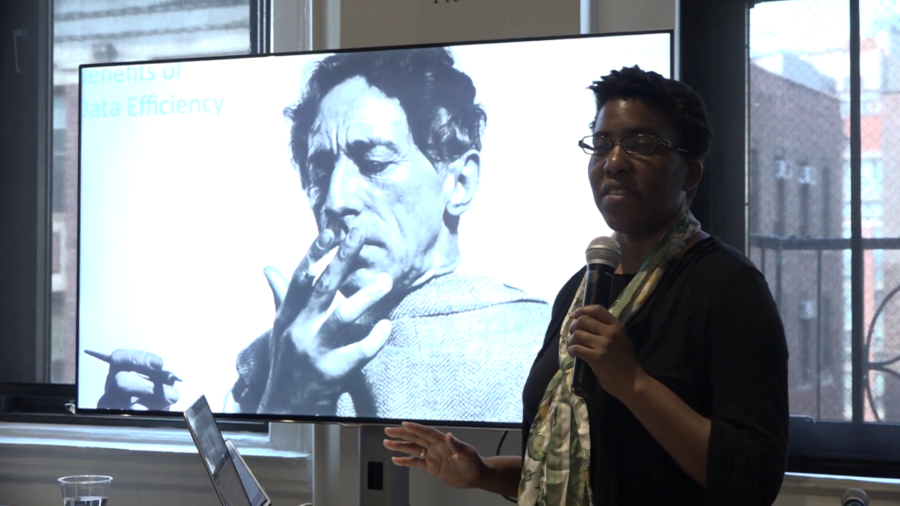
During this year that I have been off I’ve been thinking about how to teach both people who are trained in technical parts of data science, and also policymakers, how we could have a common language. And then that way we could have these conversations so we could talk together.
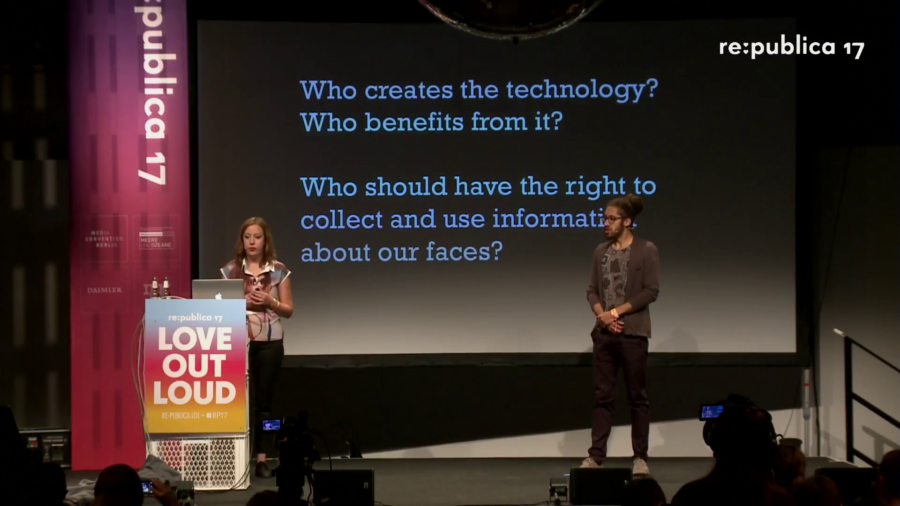
We have to ask who’s creating this technology and who benefits from it. Who should have the right to collect and use information about our faces and our bodies? What are the mechanisms of control? We have government control on the one hand, capitalism on the other hand, and this murky grey zone between who’s building the technology, who’s capturing, and who’s benefiting from it.

